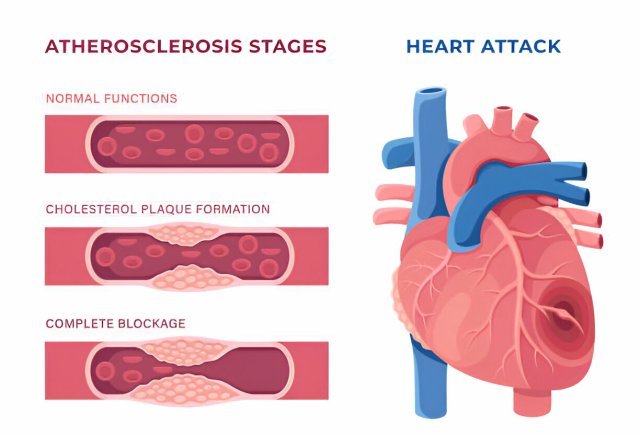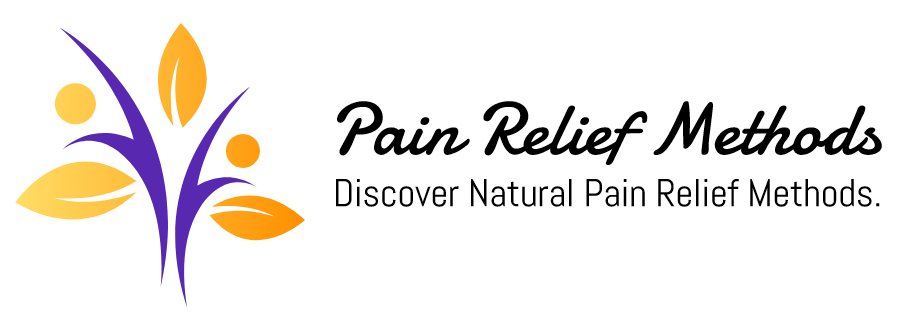Table of Contents
What Is The First Treatment For Chest Pain?
Introduction
Chest pain is a common symptom with various underlying causes. The most appropriate first-line treatment depends on the specific reason for the pain. This article explores potential causes of chest pain and the initial actions you can take, while emphasizing the importance of seeking medical attention when necessary.
Important Note: This article provides educational information and is not a substitute for professional medical advice. If you experience chest pain, consult a doctor or healthcare provider for diagnosis and treatment.
First Steps For Chest Pain (Depending On Cause)
-
Potential Heart Attack:
If you suspect a heart attack, call emergency services immediately (dial 911 in the US). Here are some signs that might indicate a heart attack:

- Sudden, severe chest pain or pressure, often described as squeezing, tightness, or a crushing sensation.
- Pain radiating to the arm, jaw, neck, or back.
- Shortness of breath.
- Sweating.
- Nausea or vomiting.
- Lightheadedness or dizziness.
-
Musculoskeletal Pain:
If the pain is sharp or achy, worsened by movement or specific postures, and not accompanied by concerning symptoms like shortness of breath, it might be musculoskeletal (muscle or bone related). Here are some initial steps you can take:
-
Rest:
Avoid strenuous activity and allow your body to recover.
-
Over-The-Counter Pain Relievers:
Medications like ibuprofen or acetaminophen can help manage pain.
-
Heartburn Or Acid Reflux:
A burning sensation in the chest, along with a sour taste in the mouth, often indicates heartburn. Here are some initial actions that might provide relief:

-
Over-The-Counter Antacids:
These can neutralize stomach acid and alleviate discomfort.
-
Lifestyle Modifications:
Avoid trigger foods, eat smaller meals, and elevate your head while sleeping.
-
Anxiety Or Panic Attack:
Anxiety can manifest as chest pain, often accompanied by shortness of breath, dizziness, or rapid heartbeat. Here are some techniques that might help:
-
Deep Breathing:
Focus on slow, controlled breaths to calm your nervous system.
-
Progressive Muscle Relaxation:
Tense and relax different muscle groups to release tension.
-
Mindfulness Meditation:
Focus on the present moment and observe your thoughts and feelings without judgment.
FAQs On Chest Pain Treatment
-
Should I Take Aspirin For Chest Pain?
Unless instructed by a medical professional, avoid taking aspirin for chest pain. It can worsen bleeding in some cases, particularly if you are experiencing a heart attack.
-
When Should I Go To The Emergency Room For Chest Pain?
Seek immediate medical attention if you experience any of the following alongside chest pain:
- Sudden, severe pain
- Pain radiating to other areas
- Shortness of breath
- Lightheadedness or dizziness
- Sweating
- Nausea or vomiting

-
Can I Treat Chest Pain At Home?
For non-emergency chest pain, some home remedies might provide relief, but it’s crucial to consult a doctor to identify the cause and receive proper treatment.
-
What Tests Might A Doctor Perform To Diagnose Chest Pain?
Depending on your symptoms, the doctor may recommend an electrocardiogram (ECG), chest X-ray, blood tests, or other tests to determine the cause of your chest pain.
-
How Can I Prevent Chest Pain?
Maintaining a healthy lifestyle, managing stress, and addressing any underlying medical conditions can help reduce your risk of experiencing chest pain.

Conclusion
Chest pain can be caused by various factors, and the most appropriate first-line treatment depends on the specific cause. If you experience chest pain, especially if it’s sudden, severe, or accompanied by concerning symptoms, seeking immediate medical attention is crucial. Early diagnosis and treatment can make a significant difference in managing the underlying condition and preventing complications. Remember, a doctor can accurately diagnose the cause of your chest pain and recommend the most effective course of treatment.
References
- American Heart Association - Offers information on various heart conditions
Discover more from Pain Relief Methods
Subscribe to get the latest posts sent to your email.
